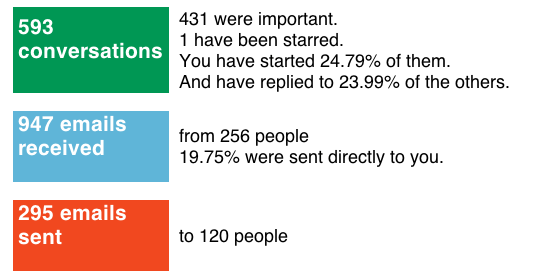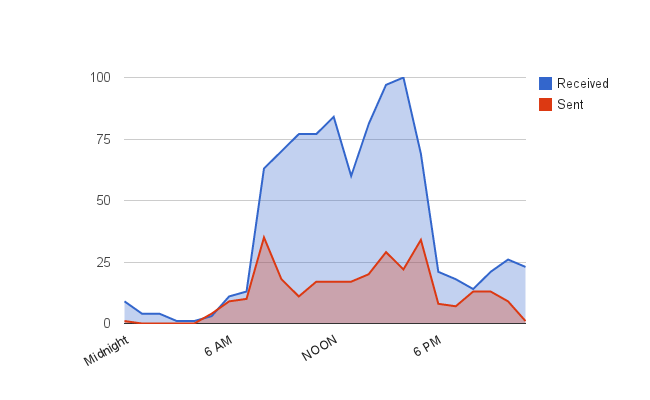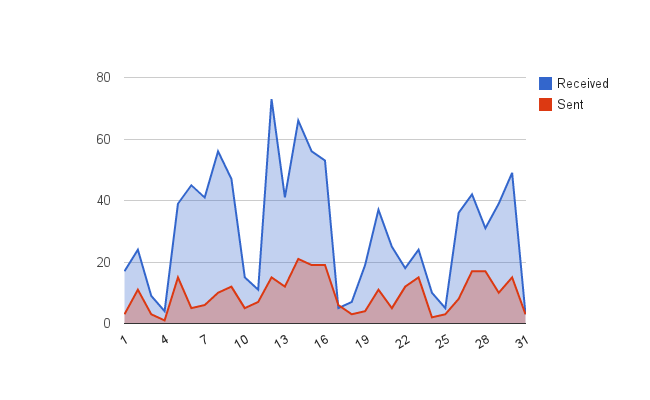A post on the WordPress Publisher’s Blog highlights a large increase in the number of new job offerings that include WordPress as a required skill. The original oDesk report shows that Joomla is clearly the ‘most in demand skill in 2008′, although WordPress has the ‘fastest growing demand.’ WordPress only shows 55% of the demand that Joomla has but the growth is very still very impressive. At that rate, by the end of 2009, WordPress is very likely to be the ‘most in demand skill’ among oDesk’s clients. oDesk is a ‘marketplace for online workteams,’ a ‘a job board for freelance and contract technical jobs‘. Their tagline is ‘Hire, Manage, and Pay remote contractors as if they were in your office.‘
Of course, according to this video we will all be contractors before too long, quoting the US Department of Labour’s estimate that today’s learner will have 10-14 jobs before the age of 38.
Regardless of how the figures might be (mis)interpreted, the report does suggest that the demand for WordPress-related skills, whether they are technical, administrative or just user-side, is increasing significantly. A 400% increase in demand for WordPress technical skills means that someone’s got to be managing and posting to those WordPress sites at the end of the day.
When advocating the use of WordPress to the university, I argue that learning how to use online web applications such as blogs and wikis is as relevant to today’s graduates as learning how to use word processors and spreadsheets was a few years ago. My last job was not in ‘technology’, but most of my productive work was done using Confluence, enterprise wiki software that was rolled out throughout the organisation.
Of course, universities are not solely responsible for ensuring students have the right IT skills. Note that 157,690 new blog posts have been made by 170, 828 users on wordpress.com alone today with over 10 million published WordPress blogs worldwide. That’s a lot of people learning for themselves. WordPress is probably the best choice of platform if you want to learn how to navigate around a modern, productive Web 2.0 site. It’s free to use, more popular than Blogger and growing faster, too, and unlike Facebook, you can actually get some work done 🙂
You can read more about wordpress.com statistics here.






